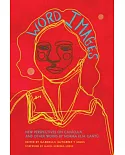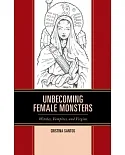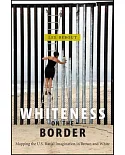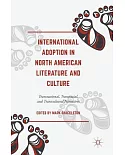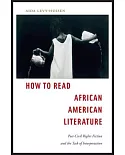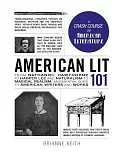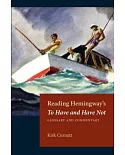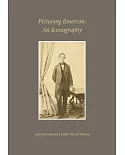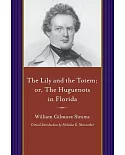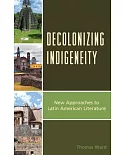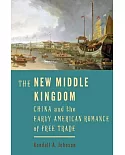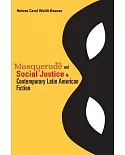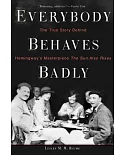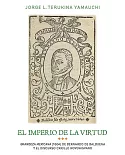This study, focusing on select novels by women writers of the African Diaspora, illustrates that a surprising degree of commonality exists among works with obvious geographical, cultural, and
linguistics differences--an affirmation of the philosophical essence of the Vodun religion as an antidote to Western spiritual and cultural moribundity. A close reading Zora Neale Hurston's
Their Eyes Were Watching God, Simone Schwarz-Bart's Pluie et Vent sur Telum歋e Miracle, and Paule Marshall's Praisesong for theWidow, demonstrates the way in which these works allude to the
Vodun pantheon and ancestor veneration in order to valorize a worldview that recognizes the interconnectedness of all living things, visible and invisible. This is accomplished by locating each
novel within its socio-political context and developing African diasporic literary tradition wherein African-derived beliefs have become sources of cultural resistance. After this
reconstruction, the author is able to explicate the representation and function of Vodun as it is employed by each of the authors under consideration.


